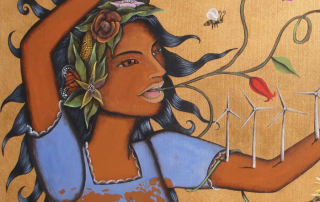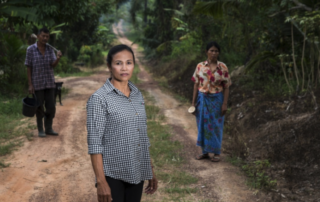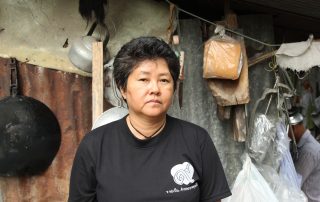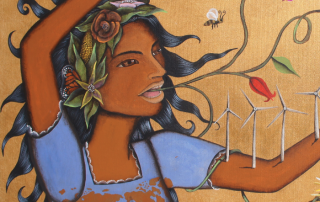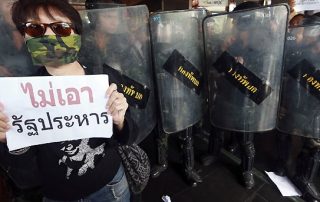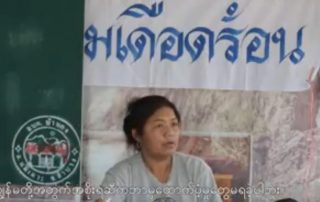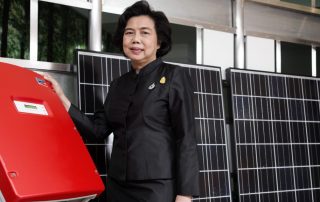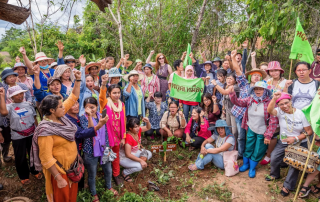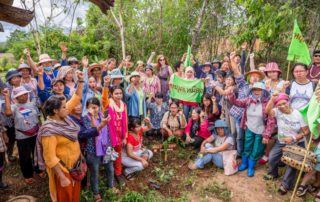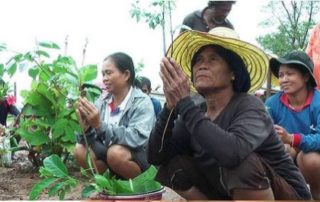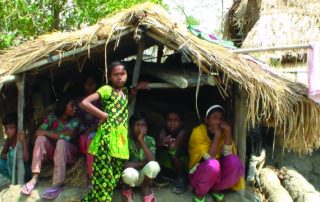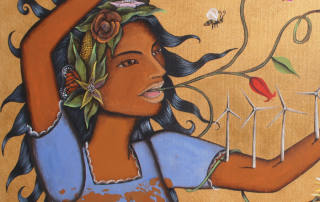The Resilience Of Thai Women Land And Environment Defenders
Members of the Southern Peasants Federation of Thailand (SPFT) -- a grassroots community of landless farmers -- are being confronted with harassment from military officials in the form of unlawful arrests, human rights abuses, and even murder in an attempt to displace the residing populations from the land for commercial use. Despite authoritarian rule, gender-based discrimination, and impending issues of safety, Thai women land and environment defenders are risking their lives in order to ensure the protection of human rights for not only themselves but for their small-scale farming communities as well. In May of 2018, women from the SPFT gathered in Bangkok demanding support from the United Nations offices and government agencies. By challenging unjust land rights and management policies and commanding reparations for human rights abuses, these women have pushed authorities to agree upon land titles for the community and to cease the wrongful prosecutions against villagers. Photo credit: Use Default


